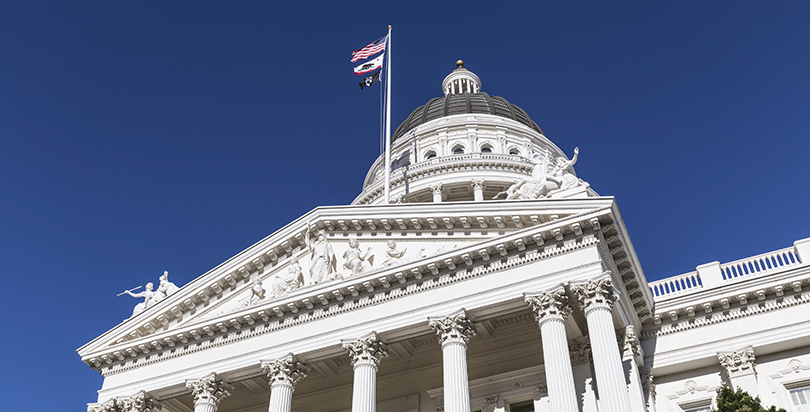Litt: Why Kids in Low-Performing Schools Are Set to Lose Big Under California’s Current ESSA Plan

Kirst said, “Why cede control over an evolving state accountability system to the federal government? The state plan is essentially a contract with the federal government.”
This was a telling explanation of California’s education status quo.
He was right that the plan is essentially a contract. A contract, after all, is an enforceable commitment, something that binds people to one another. And, since contracts are enforceable, it’s clear that people at the highest levels of California’s education leadership hope to duck accountability by drafting a plan light on specifics and mute on any commitment to close the racial and economic opportunity gaps that plague our education system.
This is being done in the hope that California will retain maximum freedom to do things as it sees fit — or, as Sacramento has dubbed it, The California Way. However, it is becoming evident that a core tenet of The California Way is avoiding any obligations to the children who attend the state’s lowest-performing schools, lest anyone in power be held responsible for ensuring that our schools improve and all students have effective teachers.
Despite Sacramento’s bad faith, the families in the Parent Power Network, who come from California’s historically underserved communities, have a different perspective. Families don’t see California’s ESSA plan as a heavy-handed contract between the state and the federal government. They see the plan as the opportunity for a contract between California and our state’s children.
Experience tells them such a contract is essential. They know firsthand what it’s like to wait for schools to improve and see no changes. Some have seen children across decades being failed by the same underperforming school. Along the way, they’ve received plenty of promises and plans. But public school families have learned the hard way that unless they get an enforceable commitment from a principal, a superintendent, or even the governor, the only guarantee they have is that nothing will improve.
These families have also learned that even when the state government affirms a commitment to make schools better, the forces of the status quo will line up to stand in their way. In 2010, California passed the Parent Empowerment Act, a law that gave families the right to take collective action to improve the lowest-performing schools in the state. When families throughout Southern California attempted to use the law, districts tried every trick they could think of to block change, grasping unsuccessfully for cynical and technical reasons to deny families their rights.
In Anaheim, families sued the school district and won. The district appealed, and in a sweeping and binding ruling, the appellate court ruled that families have a right to use the law. When California’s Supreme Court declined to hear the district’s appeal this month, the right of parents to improve California’s lowest-performing schools was, once and for all, affirmed.
In Los Angeles this month, the new school board took an important step by committing to an agenda that puts kids first. Whether or not local and state boards step up to do the same, parents will continue to use the rights provided by California law and affirmed by the courts to ensure that their children get the education they deserve.
Our state constitution, the contract between Californians and their government, promises a free and equal education to all students. Every day, hundreds of thousands of teachers from Eureka to El Centro show up to shape the future of children, and every day parents entrust their children to teachers because they trust the commitment of educators to students. The promise of a free and equal public education represents the best of us, our social contract at work.
This year, there have been lots of reasons to be proud to be a Californian. The reckless actions of the Trump administration have sparked fierce resistance in our state, and California’s elected officials have doubled down on their commitments by protecting the rights of immigrants, caring for the environment, and standing up for affordable health care.
How embarrassing that vulnerable children stuck in our worst schools somehow don’t figure into this shared compact, as our education leaders will commit to nothing.
Get stories like these delivered straight to your inbox. Sign up for The 74 Newsletter

;)
